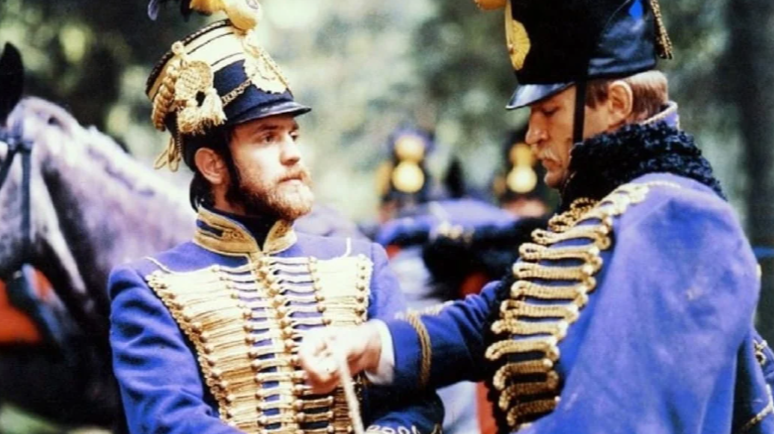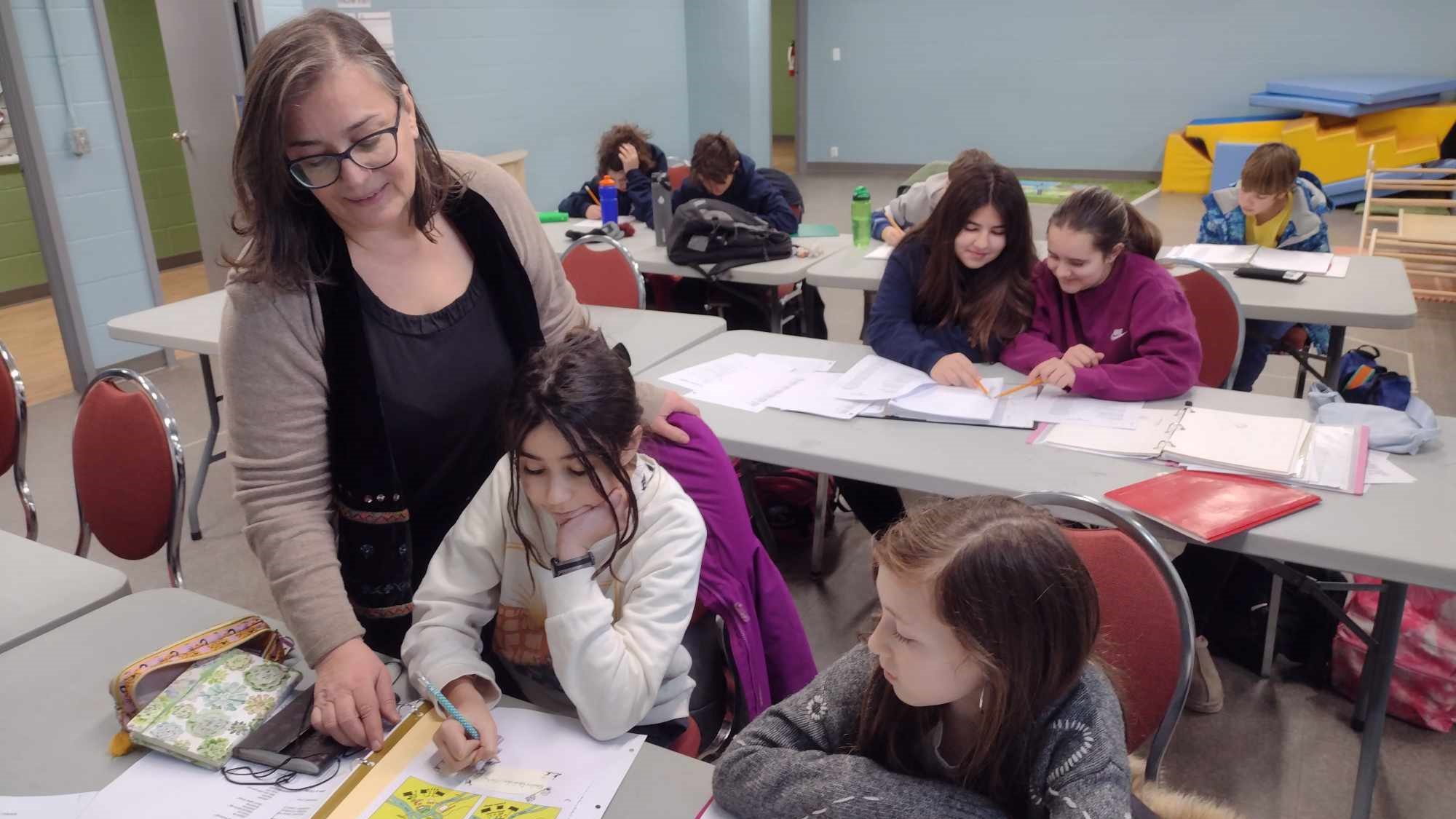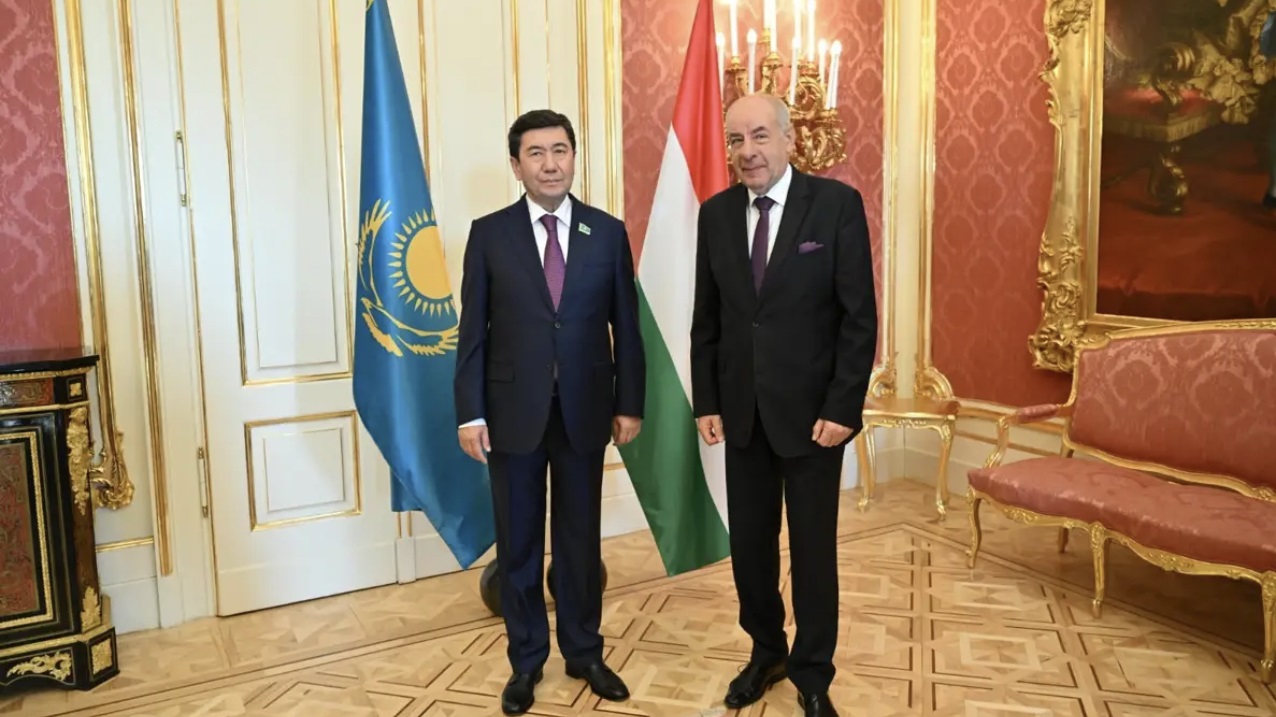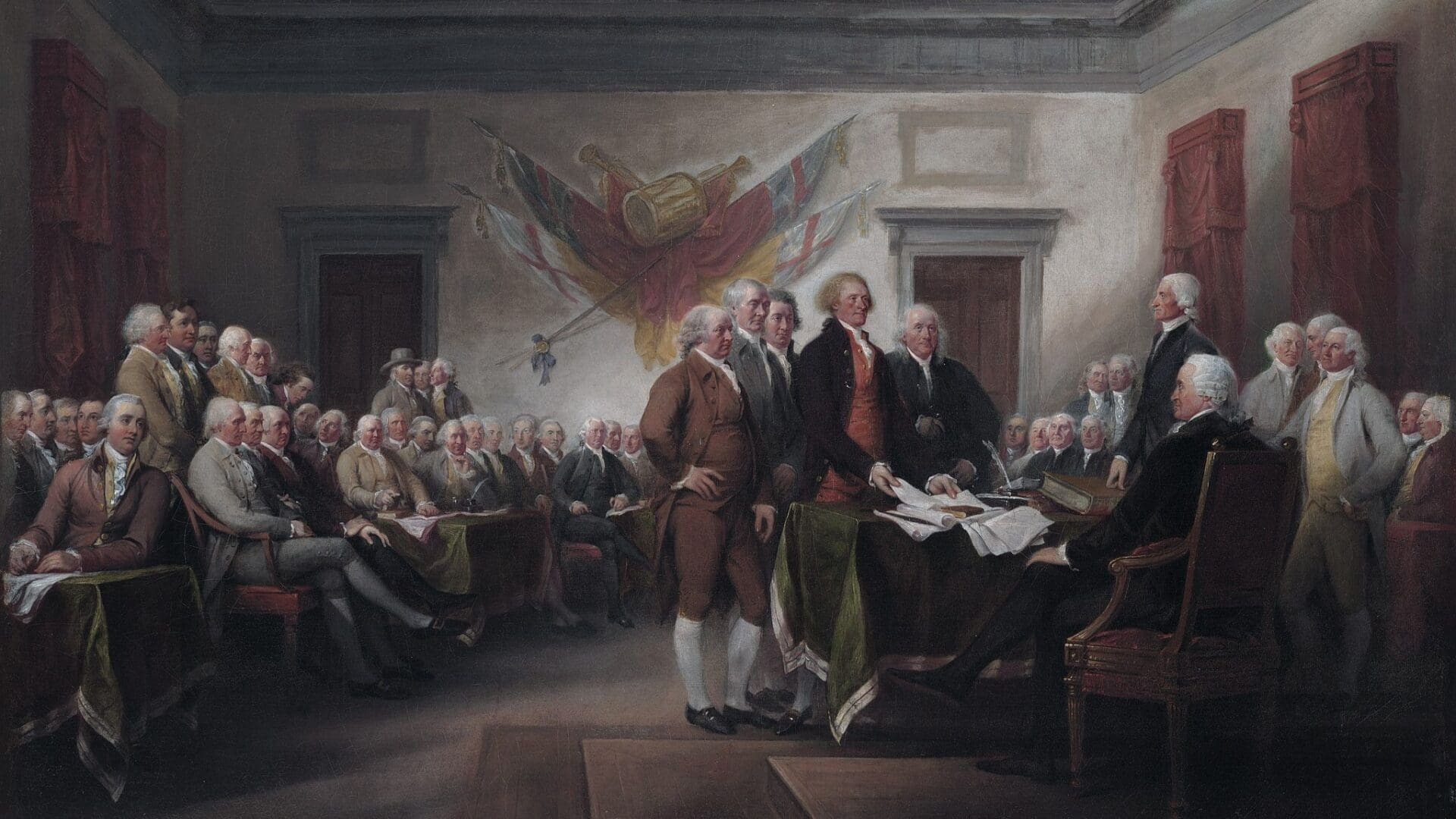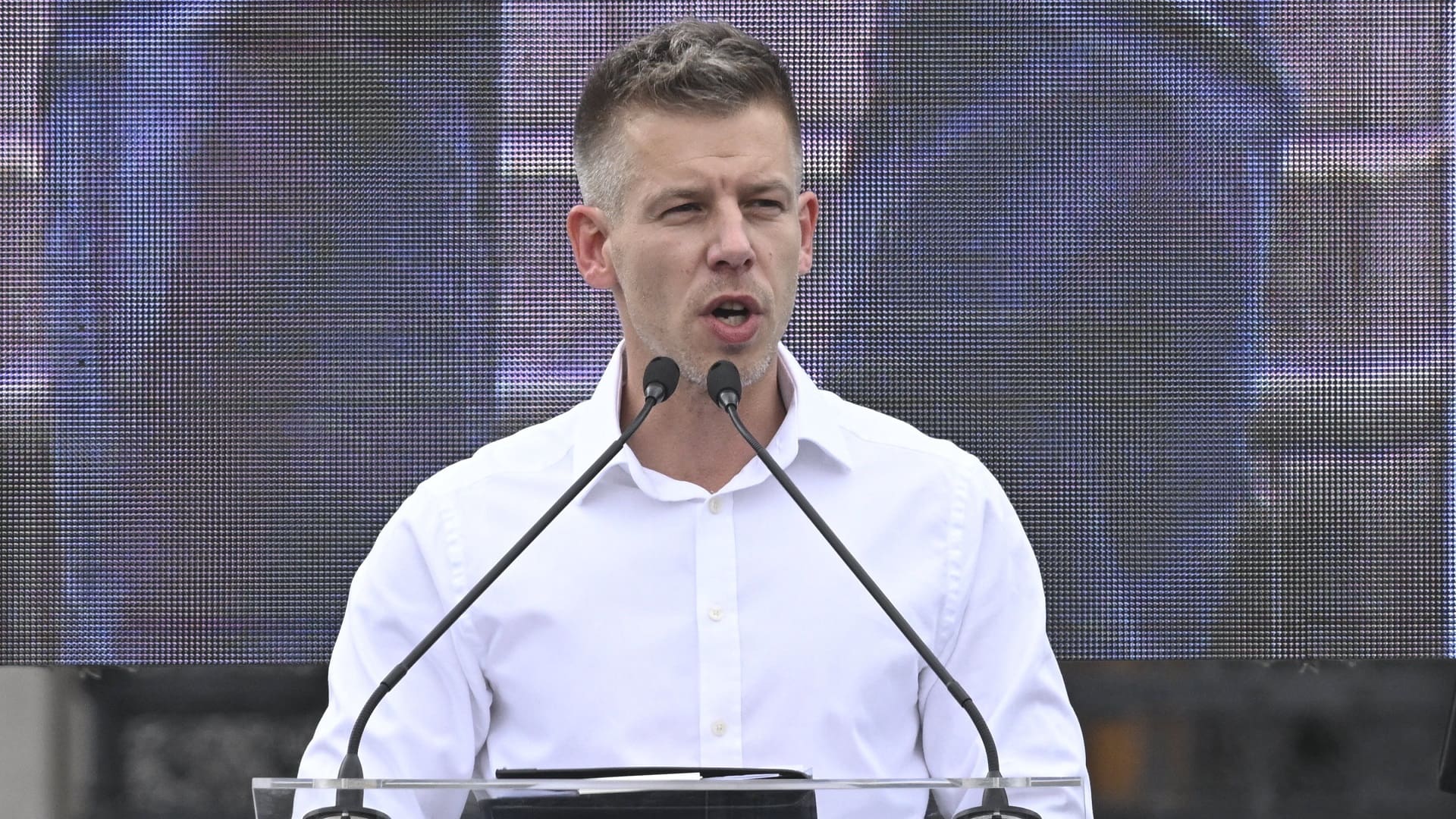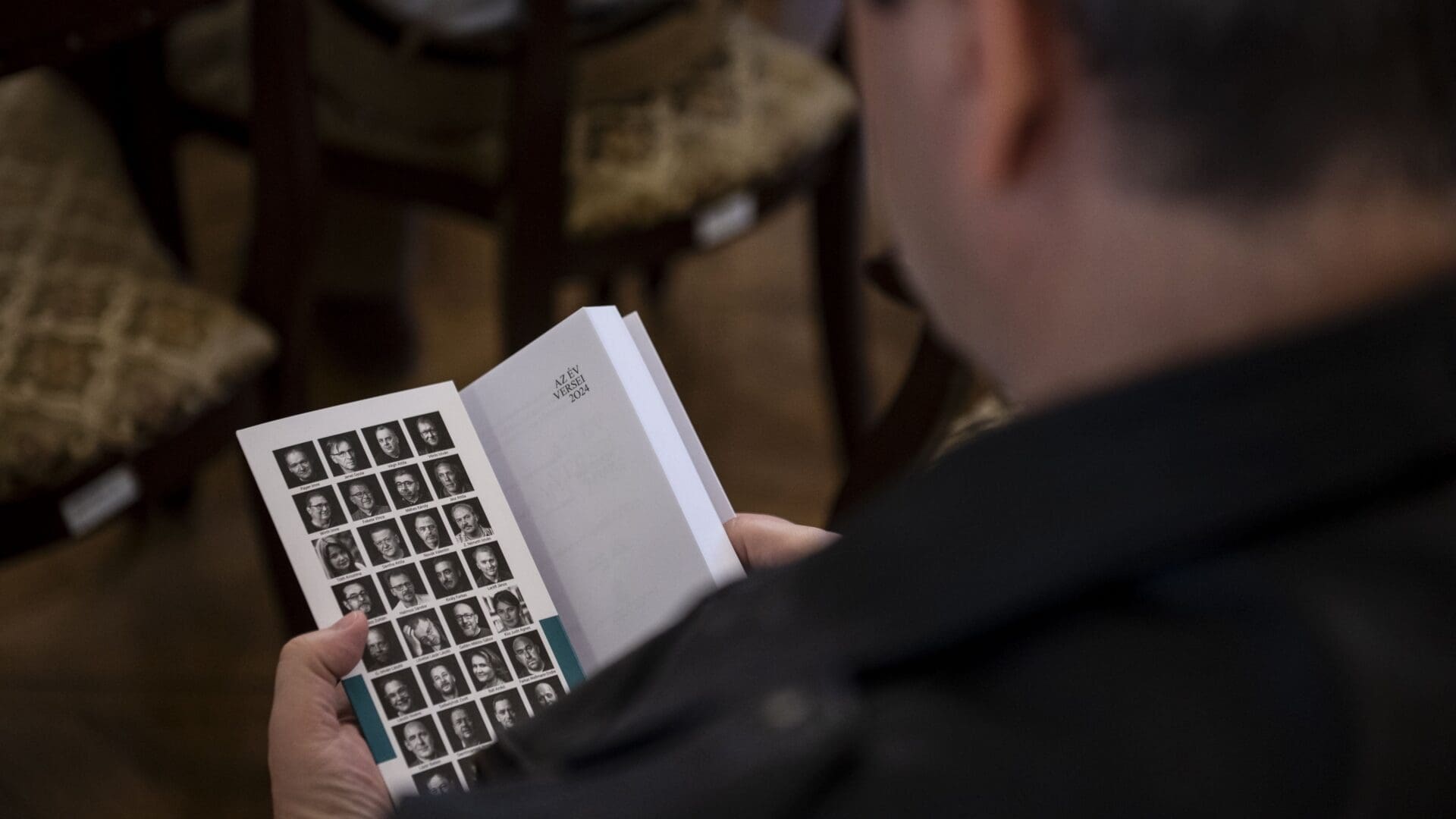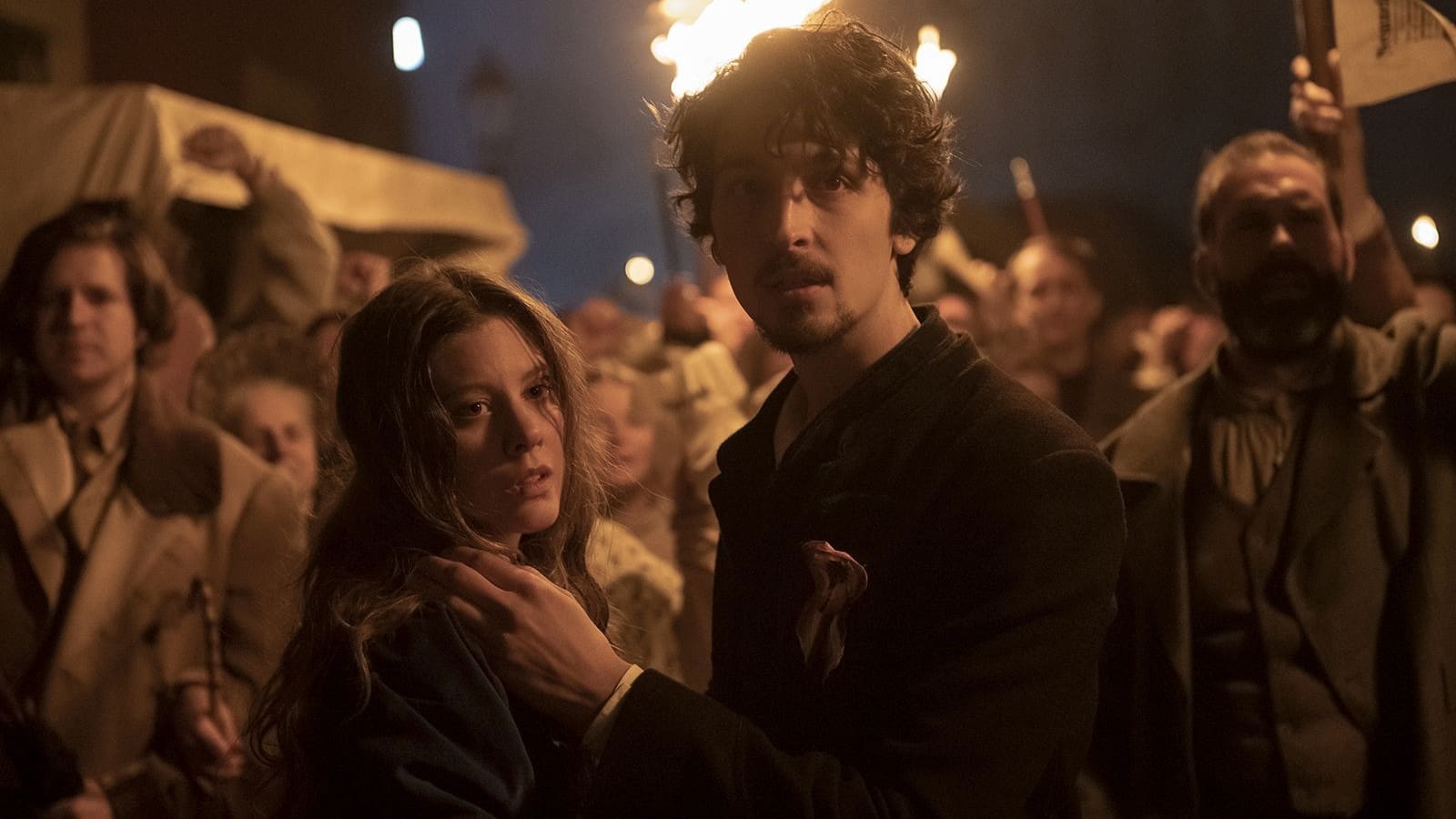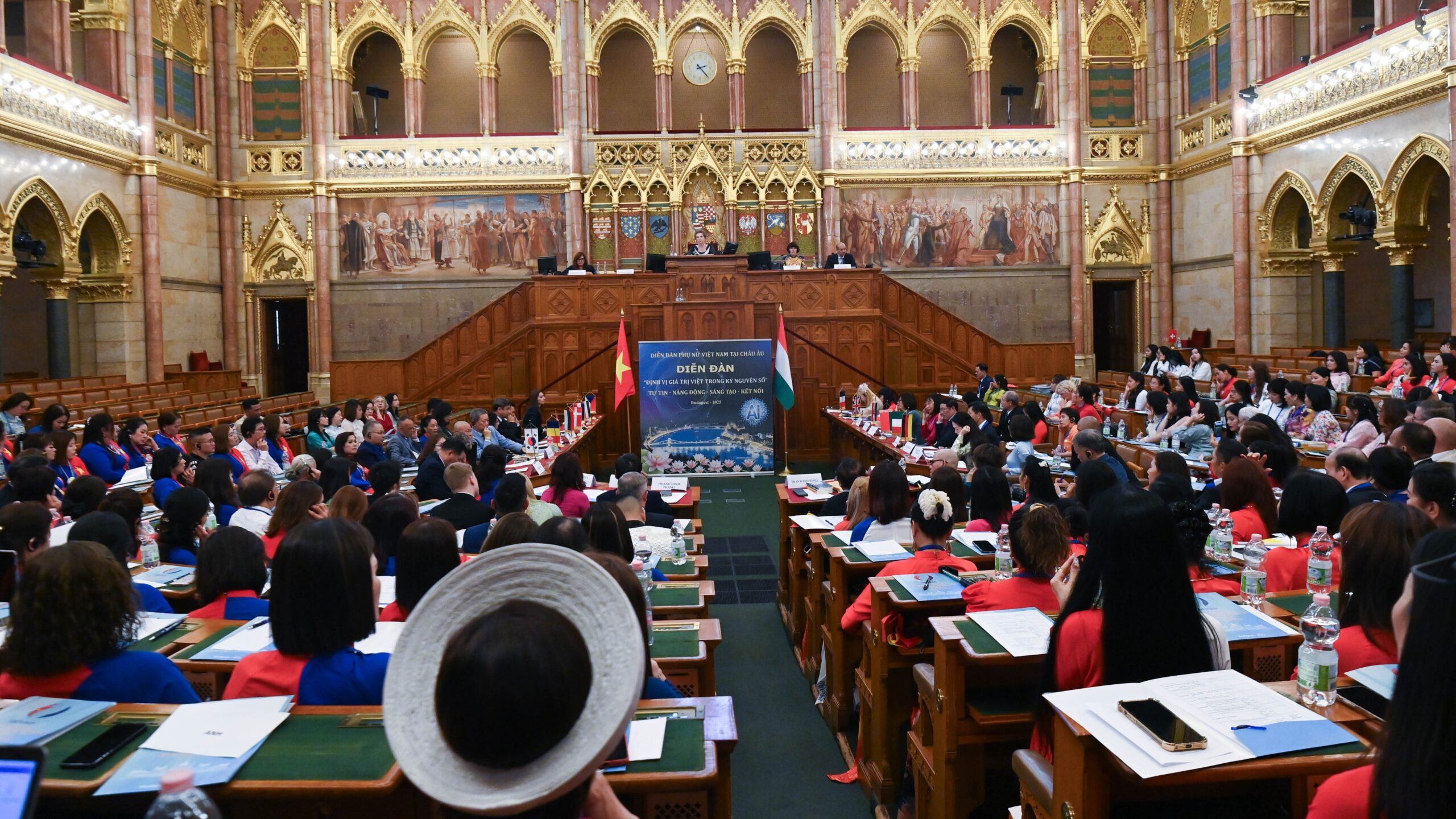
Vietnamese Values in the Digital Age: Budapest Forum Marks 75 Years of Friendship
On 15 June 2025, Budapest hosted the forum Positioning Vietnamese Values Abroad in the Digital and Artificial Intelligence Era at the Hungarian Parliament. The event explored how diasporas use AI to preserve national identity and marked a deepening of cultural ties, led by the Vietnamese Women’s Forum in Europe.

